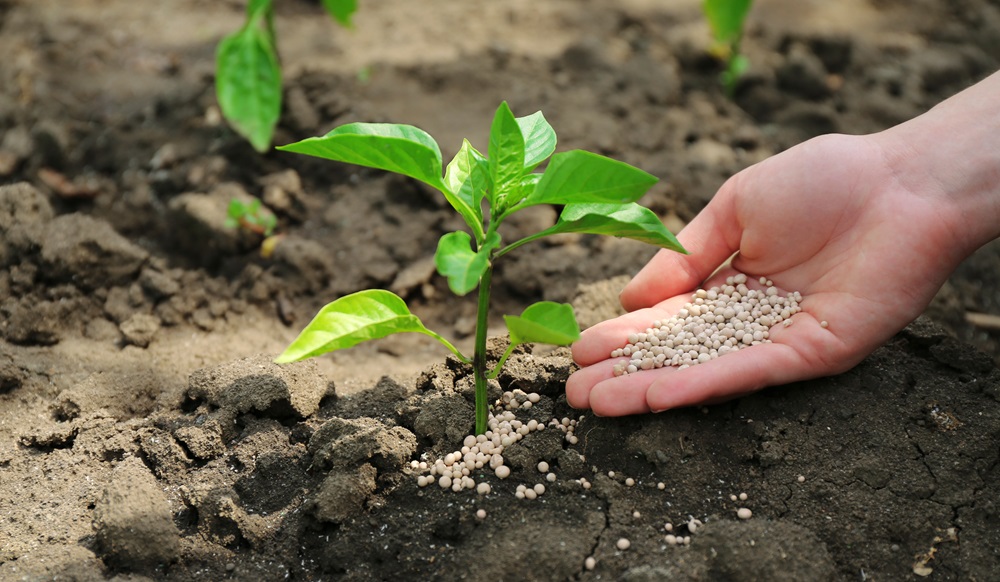
A newly developed biodegradable fertiliser is aiming to ensure food security while reducing the impact of harmful pollutants on the environment.
The fertiliser, delivered via environmentally-friendly biopolymers, was developed by a team of Australian researchers, led by The University of Queensland’s Professor Bronwyn Laycock and Dr Nicole Robinson.
Professor Laycock said the new fertiliser addresses a gap in the market, with the aim being to provide environmentally friendly fertilisers that feed crops without contaminating surrounding areas and waterways.
“Most widely used fertilisers, while effective in nourishing crops, are a double-edged sword – they ensure crops grow, but at significant cost to the environment,” she said.
“Conventional fertilisers are water-soluble salts that dissolve in soil and are easily washed away by rain and irrigation.
“A popular alternative is plastic-coated fertilisers that delay the release of nutrients, but these contaminate soil with residual microplastics.”
Researchers embedded fertiliser granules into a naturally generated, biodegradable plastic, and carried out proof-of-principle research in laboratory, glasshouse, and field experiments.
UQ’s Dr Nicole Robinson said results showed fertilisers in biodegradable material could provide an appealing alternative to current products on the market.
“When delivered in a biodegradable matrix, fertiliser release is delayed and the risk of nutrient loss from soil is lowered,” she said.
“Our pilot products naturally degrade slowly over time, targeted to when a crop is actively growing, so that fertiliser is released when the crops need it.
“Our results show the potential of ecologically friendly fertilisers to enter the market and generate positive results for crops and environment.
“While the upfront cost of environmentally friendly fertilisers might be higher, less fertiliser is needed so that in the long-term it will benefit farmers, consumers, and of course the planet.
“A healthier environment means better conditions for farmers and crops, more produce, and lower costs for consumers – it’s a win-win situation.”
Moving forward, researchers hope to further develop this technology to use less biodegradable material.
“We are now working on new types of coatings that form a thin biodegradable skin around the fertiliser granule to reduce losses while keeping costs down”, Professor Laycock said.
“New biodegradable materials and modern processing technology have the potential to advance fertilisers.
“This is urgent as farmers need to grow crops cost-effectively while preventing pollution.”
This research is published in Journal of Environmental Quality.
This research was funded through an Advance Queensland Research Partnership grant.
Media: Professor Bronwyn Laycock, b.laycock@uq.edu.au; Dr Nicole Robinson, nicole.robinson@uq.edu.au, +61 405 697 111; Faculty of Science Media, science.media@uq.edu.au, +61 438 162 687.



